|
E questo è il fiore del partigiano … morto per la libertà! This is the flower of the partisan … who died for freedom April 25, the Festa della Liberazione is an Italian national holiday that commemorates the liberation from fascist domination in Italy. On this day you might hear the partisan song, Bella Ciao on the radio, in parades, or sung by small groups in small town piazzi all over Italy. It is the song of I Partigiani, men and women who fought against the Nazis and Fascists primarily in Northern Italy from 1943 to 1945. This is the period called La Resistenza, the Resistance. The song is set to the melody of a traditional folk song and became the anthem of the Italian resistance movement during World War II, sung by the anti-fascist rebels who fought against the atrocities of the Nazis and Benito Mussolini. The lyrics are symbolic of the sacrifices made for freedom. Each April 25 there are Liberation Day festivities throughout the country, paying tribute to those who lost their lives in in the fight to free their country. 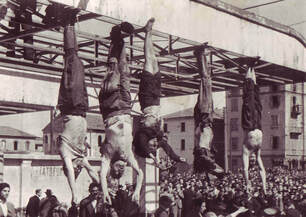 Mussolini, the second from the left Mussolini, the second from the left In 1943, Mussolini was deposed by the King Victor Emmanuel III of Savoy. The new government signed an armistice with the allied forces, while Mussolini was helped by the Nazis, fleeing to Northern Italy where he created a puppet state. After liberating Southern and Central Italy, the Americans passed through the Apennines. Partisans became an effective fighting force against the Nazis and Fascists in the mountain towns. On April 25th, 1945 Northern Italy was at last liberated. Mussolini would be executed by Partisans after a quick, public trial near Milano within 4 days. Shot along with his mistress, Claretta Petacci, and his other henchmen, their bodies were at first laid out in Piazzale Loreto where huge crowds of Italians took turns throwing trash on them, kicking and worse. Afterwards, their bodies were hung upside-down on the rafters of the local gas station. Perhaps a fitting end to one of the monsters of modern history. However, instead of burning the body of Mussolini (as perhaps should have been done) his body was first buried, then stolen, and afterwards found and hidden secretely in a monastary for eleven years. Unfortunately (for the Italy and the World), in May 1957 the newly appointed Prime Minister, Adone Zoli, agreed to Mussolini's interment at his place of birth in Predappio in Romagna. This was for obvious political reasons since Zoli was reliant on the far right to support him in Parliament. Sadly, even today, the remains of Mussolini has become a pro-fascist shrine or sorts. For this reason, it's a very good thing that the Russians "lost" the body of Hitler. Since the Liberation, Italy has been free from dictators, although the current neo-fascist movements are a signal to never forget what history has taught us... --Jerry Finzi Copyright 2019, Jerry Finzi/GrandVoyageItaly.com - All Rights Reserved Not to be published without expressed permission.
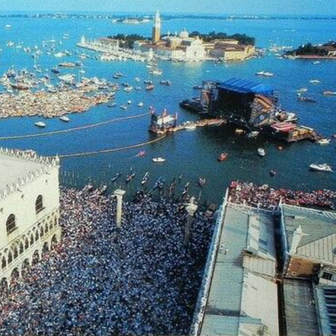
When they arrived in Venice in 1989, Pink Floyd were met by over 200,000 Italian fans, but also by a large contingent of Venetians who had no desire to see the show happen at all. The city’s municipal administrators viewed the concert as an assault against classical Venice. The concert was also stepping on traditional toes considering it was scheduled to take place in St. Mark’s square, coinciding with the hugely popular Redentore festival (the Feast of the Redeemer with fireworks from a nearby island). With Venice already threatened by sinking foundations, winter flooding, and with the memory of the St. Mark's bell tower having collapsed in 1902 (and having been rebuilt) many were concerned about the safety of the fragile historic art and architecture of the city.
Three days before the concert's July 15th date, Venice's superintendent for cultural heritage vetoed the concert, claiming that the amplified sound would damage the mosaics of St. Mark’s Basilica, while the whole piazza could very well sink under the weight of so many people dancing in unison.
The ban made concessions to allow the concert to go forward: lowering the decibel levels from 100 to 60 and performing from a floating stage 200 meters from the piazza. The concert was broadcast on TV in over 20 countries with an estimated audience of almost 100 million. The concert drew 150 thousand more people than actually lived in Venice, and even though fans were on their best behavior, one group of statues sustained minor damage and the crowds left behind 300 tons of garbage and 500 cubic meters of empty cans and bottles. And due to the fact that public porta-potties were not provided by the city, fans relieved themselves on the monuments and walls.
The concert placed tension between different political factions forcing the Mayor to resign with shouts of “resign, resign, you’ve turned Venice into a toilet.” His comrades on the city council also stepped down. The band may have taken down the city’s government, but they put on a hell of a show--one the Italian fans, and the millions of who watched from home, will never forget.
|
On Amazon:
|

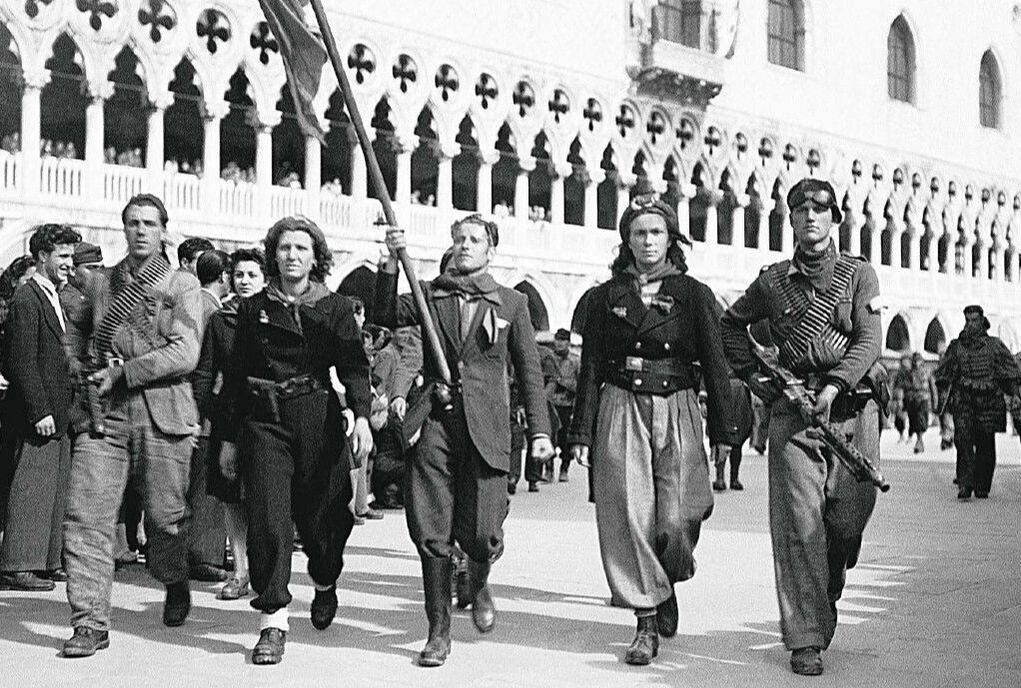
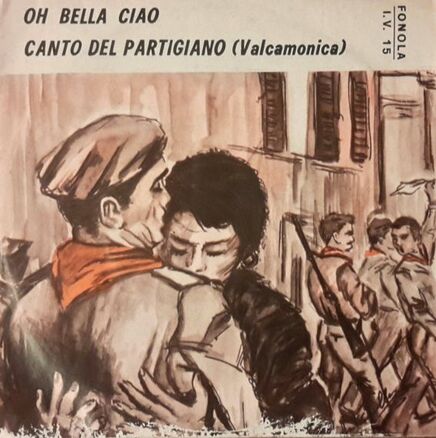
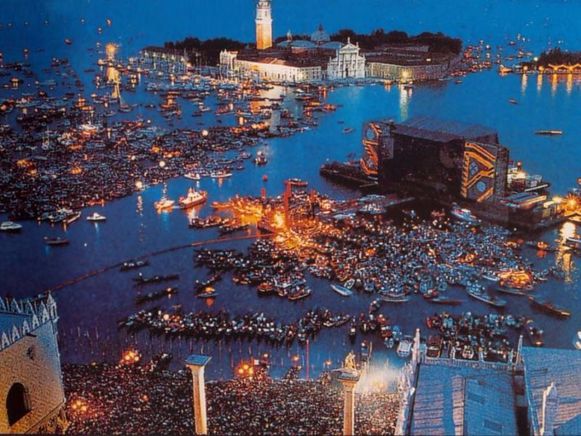
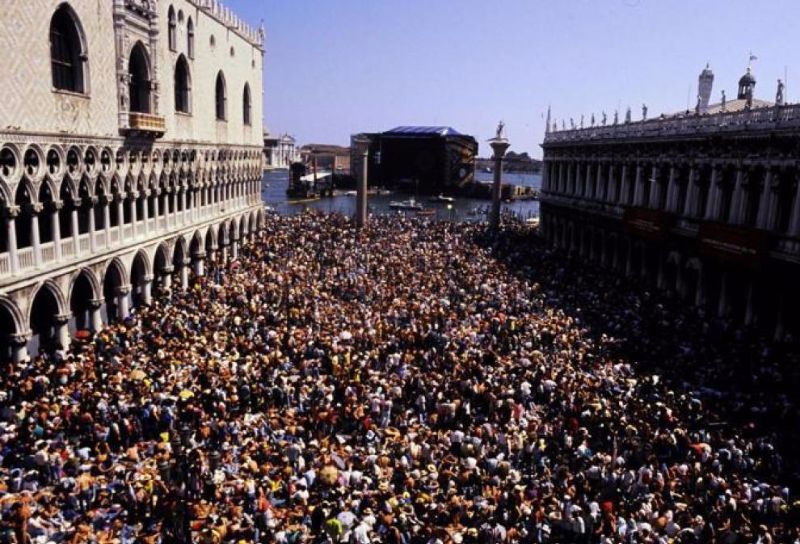
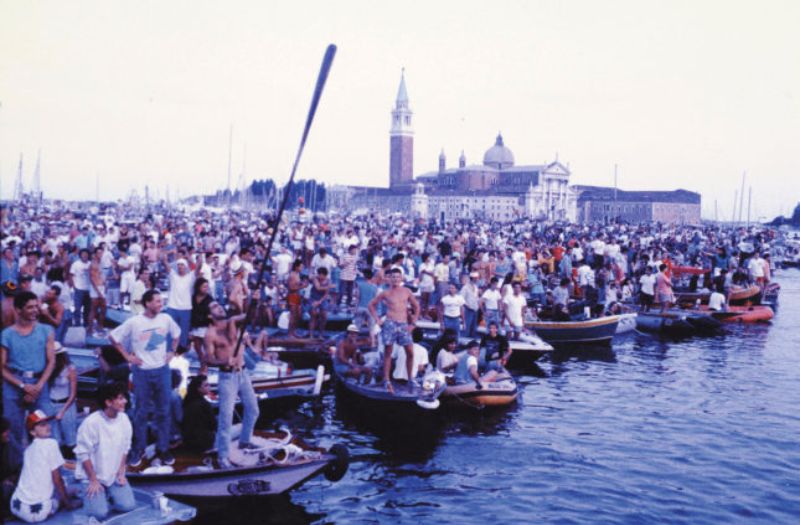
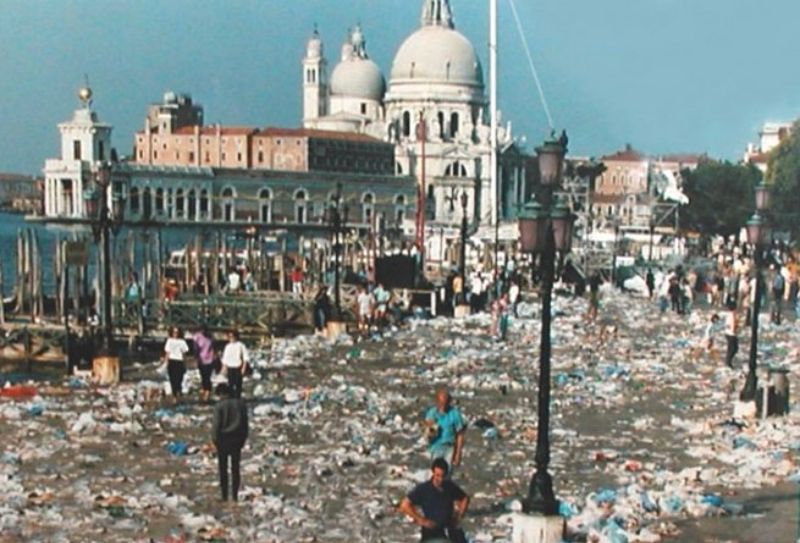
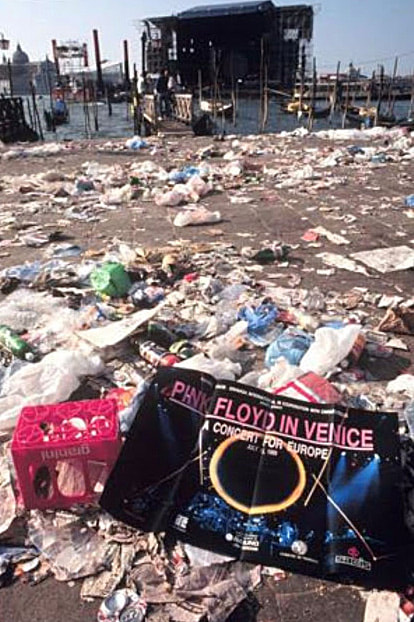


 RSS Feed
RSS Feed
